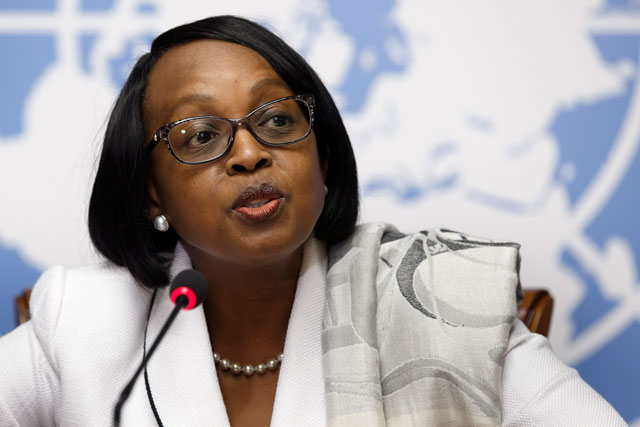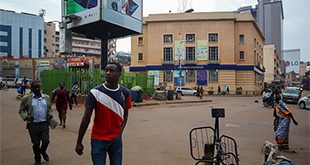
Where did it go wrong for Uganda?
The current grim COVID-19 situation in the country is a stark contrast to the optimism in the early days.
Back then, many Ugandans eagerly picked their cue from President Yoweri Museveni who, even when Uganda had not registered a single case of COVID-19, announced the closure of schools, places of worship and banned all public gatherings on March 18.
Ugandans generally adhered to the set SOPs including; wearing face masks when in public, maintaining a social distance of at least two metres, washing hands with soap frequently or using an alcohol-based hand-sanitizer and avoided unnecessary movement to crowded places, parties and other social gatherings.
On March 21, when Uganda registered its first case of COVID-19 at Entebbe International Airport, Museveni closed the airport and all other land entry points. On March 30, the government announced a 14-day nationwide lockdown save for a few economic activities that were considered essential.
The lockdown was extended until May when President Museveni started lifting a few economic areas. Uganda was at the time singled as one the few countries that had done a good job of reining in the pandemic.
In one virtual meeting organised on May 27 by the University of Cape Town’s School of Public Governance, Dr. Diana Atwine, the permanent secretary in the Ministry of Health told the participants that the reason Uganda had not been impacted by the COVID-19 pandemic like her neighbours was because “Uganda is not new to epidemics.”
Speaking under the session title; “Why has Africa been less impacted? Best practice examples in Africa,” Atwine said Uganda had, for instance, in a space of two years battled deadly epidemics of Yellow Fever, Rift Valley Fever, Crimean Congo Hemorrhagic Fever, measles, cholera, typhoid, and plague.
She attributed Uganda’s success to the “core structures, capacities, institutional relationships and networks, an active public health operations centre, strong laboratory and surveillance capacities, robust risk communication and social mobilization, strong national information management system, population trust in government’s health services and the experience of working with military structures.”
“Our strength lies in the strong leadership of President Museveni,” she said, “Early and decisive action to implement containment measures was crucial in slowing the spread of COVID-19.”
But five months later, the situation has quickly shifted and it appears ordinary Ugandans will have to manage the pandemic on their own as the government grapples with the surging number of infections.
Over the last five months, Ministry of Health officials have continually expressed their frustration at the rejection of the standard operating procedures instituted by the government. This is a far cry from the attitude shown in the first two months after COVID-19 was declared in the country.

Continental outlook
Uganda is not alone in experiencing a spike in COVID-19 cases. Over the past three weeks, the African region has recorded a steady increase in COVID-19 cases. As of 22 November, 18 countries reported an increase of more than 20% in the previous seven days when compared with the last seven days.
While speaking at a special event on the COVID-19 response in the WHO African Region on Nov.25, Dr Matshidiso Moeti, the WHO Regional Director for Africa, underscored the importance of bolstering prevention, notably as people travel or gather for end-of-year celebrations.
“As we observe cases surge in parts of Europe and the Americas, and an uptick in our regional daily cases graph, we cannot be complacent. We need to prepare for resurgence, including scaling-up precautions in risky situations such as festive and elections-related gatherings.”
“We all need to continue to be vigilant in our testing, isolation and treatment, and our strong communication on the non-pharmaceutical interventions,” said Hon. Lia Tadesse Gebremedhin, Ethiopia’s Minister of Health and Second Vice-Chair of the Seventieth Regional Committee.
“The COVID-19 pandemic is a crisis unlike anything any of us has experienced in our lifetimes, yet it can be a catalyst for building the safer, healthier and more sustainable Africa we all want.”
For Minister Kaducu, it is important for Ugandans to keep practicing the preventive measures issued by the government. “It is each and everyone’s responsibility to end COVID-19 in Uganda,” she said in her closing remarks of the update.
 The Independent Uganda: You get the Truth we Pay the Price
The Independent Uganda: You get the Truth we Pay the Price


